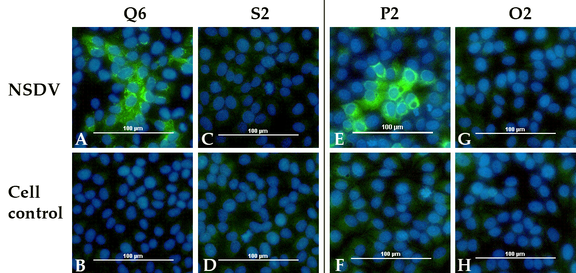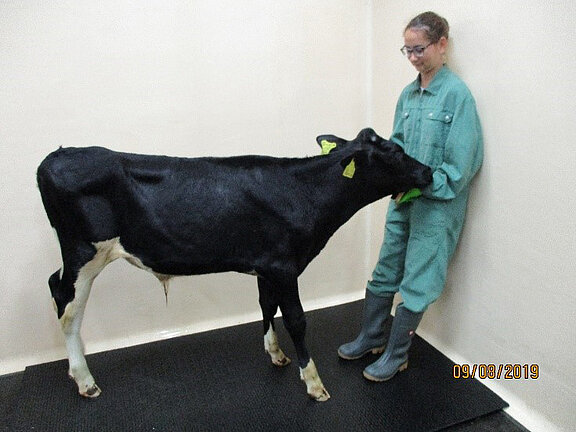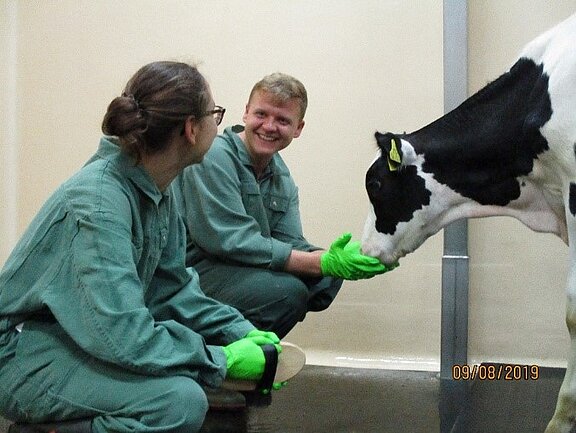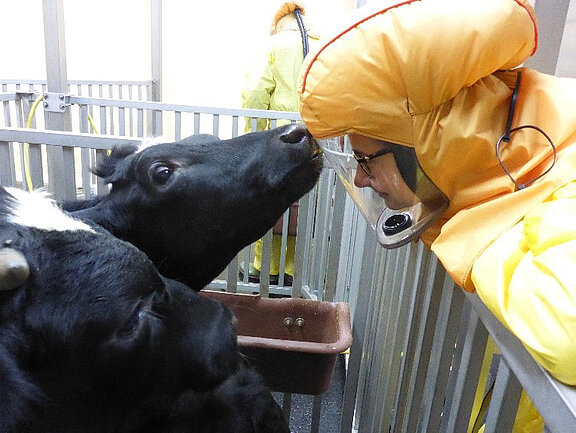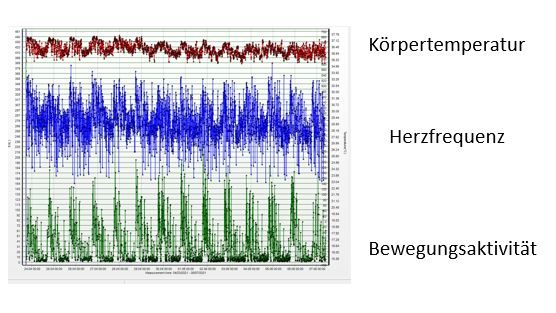The EU-funded VetBioNet project is a network of all relevant veterinary research institutions in the field of research on highly pathogenic agents in Europe. Project partners are research institutions with laboratories and animal houses of the highest biosafety classes (BSL3/4) and partners cooperating with them in these areas, as well as international organizations and industrial partners. The general objective is to promote animal experimental research of highly pathogenic animal diseases and zoonoses and to improve the performance of such work by optimizing the methods and tools available, as well as to make these animal experimental capabilities available to the entire European research community. Special attention will also be given to improving animal welfare/protection in these experiments (3Rs principle).
The project includes three types of integrating activities:
- Transnational Access: access to the BSL3 facilities and technical resources of the consortium for external scientists. This free access is granted to researchers or companies proposing a peer-reviewed project related to animal diseases and zoonoses.
- Networking activities to foster collaboration between project partners and to build cooperative relationships with other European or international research initiatives, industrial stakeholders, international organizations and policy makers.
- Joint research activities to improve the scientific, technological and animal welfare standards of the services offered by the consortium.
VetBioNet consists of 28 partners from 12 different countries and is funded by the European Commission (Horizon 2020 INFRAIA-01-2016-2017) with the sum of 10 million € for a project period of 5 years (2017-22). On the part of FLI, IVD and IMED are involved in addition to INNT.
Further information can be found on the project page:
Involved INNT scientists:
Dr. Markus Keller
Dr. Martin Eiden
PD Dr. Anne Balkema-Buschmann
Prof. Dr. Martin H. Groschup
Julia Hartlaub (PhD student)


